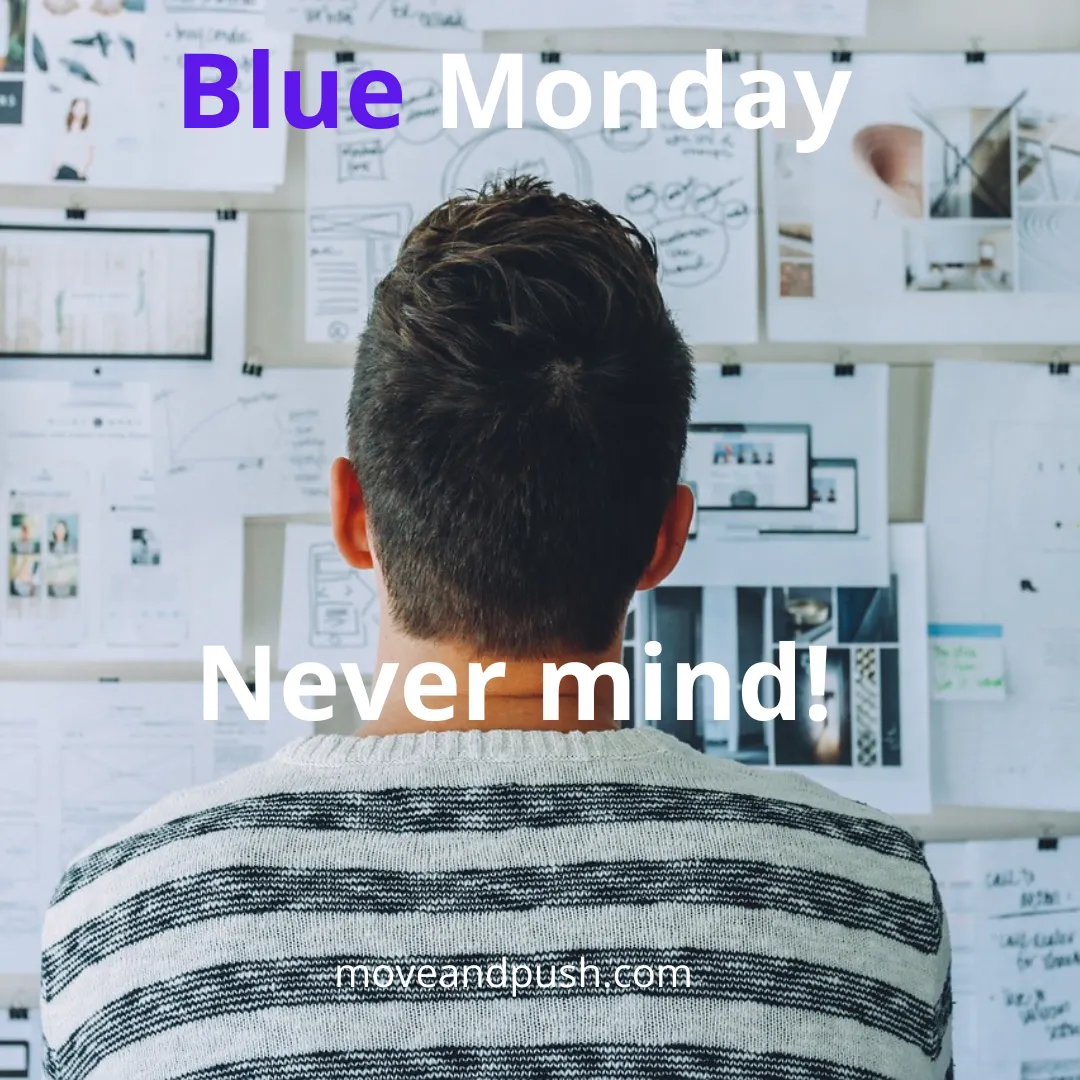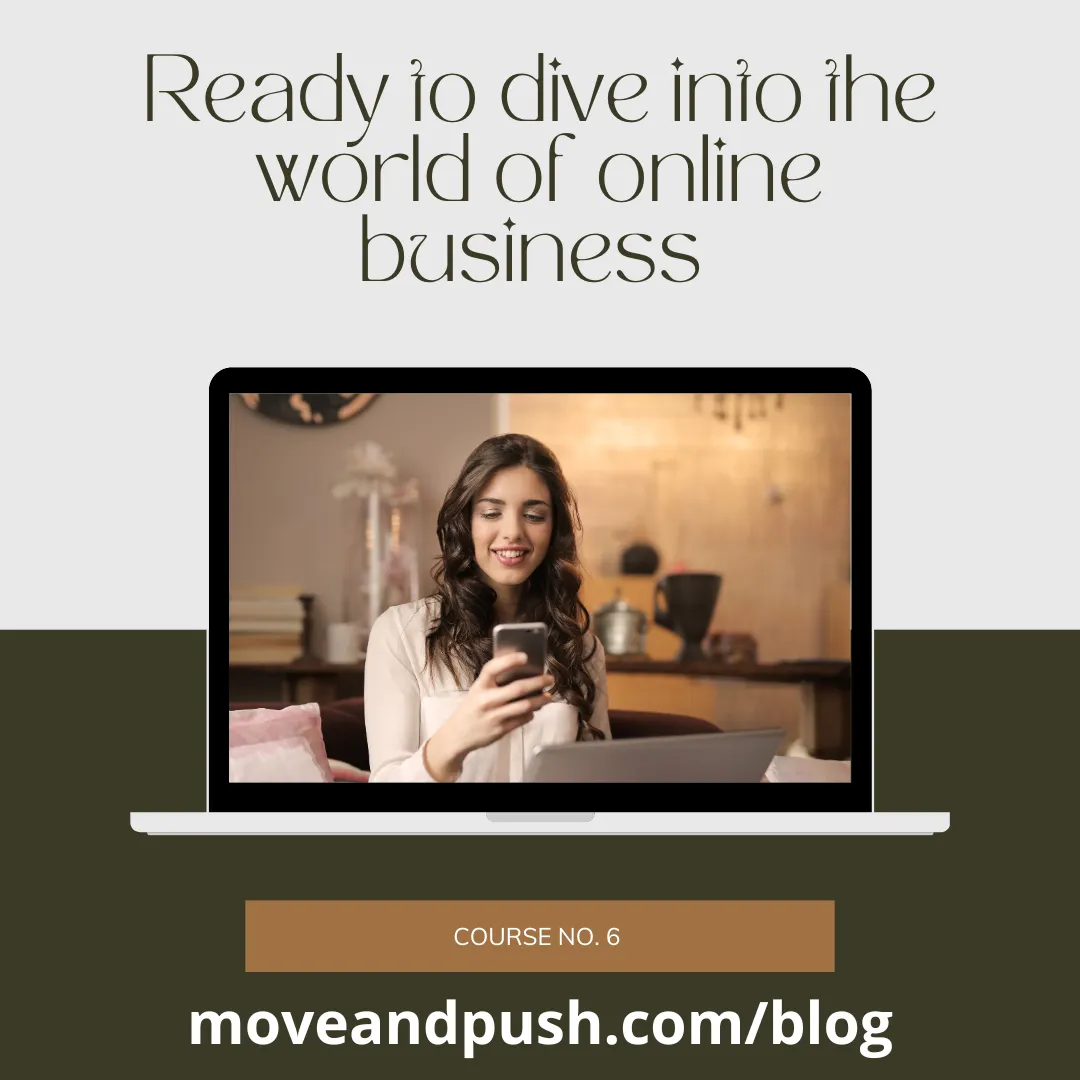Free Onlineprogram for a Full Year
Starting an Online Business: What You Need to Know and What It Costs
If you're here, it's likely because you've decided to build something for yourself—an online business that can bring you freedom and wealth. As part of my blog series on starting an online business, I’m jumping right into what you need to get started. The best part? I have fantastic news for anyone hesitant about costs: it’s entirely possible to begin without spending a dime. Let’s break it all down.
1. A Clear Business Idea
Before diving into tools and costs, you need a clear idea of what you want to offer. Will you sell physical products, digital goods, or services? Will you generate revenue through affiliate marketing, ads, or a subscription model? The clearer your vision, the easier it will be to move forward.
Cost: Free. Brainstorming costs nothing—just your time and maybe a notebook.
2. A Domain Name
Your domain name is your digital address. It’s where your customers will find you online, so it’s worth choosing something memorable and relevant to your business.
- Free Option: Platforms like Groove.cm or WordPress.com offer free subdomains (e.g., yourbusiness.groovepages.com or yourbusiness.wordpress.com). These work initially but look less professional than a custom domain.
- Paid Option: A custom domain typically costs between $10 and $15 per year with registrars like Namecheap or GoDaddy.
3. A Website Builder
Your website is the foundation of your online business. Fortunately, there are tools for every budget:
- Free Option: Groove.cm offers free tools for building websites and funnels. It’s an excellent option for beginners.
- Paid Option: Platforms like Wix (starting at $15/month) or Shopify (starting at $30/month) offer user-friendly tools with additional e-commerce features.
4. Web Hosting
If you’re using a platform like Groove.cm, hosting is included. However, if you build a site with WordPress.org, you’ll need a hosting provider.
- Popular Providers: Bluehost (around $3/month for beginners) or SiteGround (around $4/month).
- Included with Free Options: Groove.cm and WordPress.com handle hosting for you.
5. Email Marketing
Building an email list is essential for reaching your audience and boosting sales. You’ll need a tool to manage subscribers and send campaigns.
- Free Option: MailerLite offers a free plan for up to 1,000 subscribers.
- Paid Option: ConvertKit starts at $10/month and provides advanced features like automation.
6. Payment Processing
To make money, you need a way to accept payments. Payment processors like PayPal or Stripe make this simple.
- Costs: Both charge transaction fees—typically around 2.9% + $0.30 per transaction.
7. Graphic Design Tools
Even if you’re not a designer, tools like Canva help you create professional graphics for your website and social media.
- Free Option: Canva’s free plan offers plenty of templates and features.
- Paid Option: Canva Pro ($13/month) unlocks advanced features like resizing and premium templates.
8. Content Creation Tools
To attract an audience, you need to create content, whether it’s blog posts, videos, or social media updates.
- Writing: Google Docs (Free) is perfect for drafting blog posts.
- Video Editing: Free tools like DaVinci Resolve or iMovie work well.
- Social Media Scheduling: Platforms like Buffer or Hootsuite offer free plans to schedule posts.
9. Learning Resources
Learning the basics of online business is crucial. There’s no shortage of free and paid resources to help you succeed:
- Free Resources: Blogs (like this one), YouTube channels, and free courses from platforms like HubSpot Academy.
- Paid Resources: Comprehensive courses on platforms like Udemy or my upcoming course range from $50 to $500, depending on the depth of content.
10. Marketing and Advertising
Once your business is running, marketing will drive traffic and sales. Social media and search engine optimization (SEO) are great free options.
- Free Option: Organic social media posts and SEO optimization with tools like Ubersuggest.
- Paid Option: Facebook ads or Google Ads can cost as little as $5/day but can scale depending on your budget.
11. Legal and Financial Tools
Staying prepared and organized is crucial:
- Free Option: Wave offers free accounting software.
- Paid Option: QuickBooks starts at $15/month for more advanced bookkeeping.
Real-Life Scenarios: Starting Free vs. With a Budget
Scenario 1: Starting Free
Here’s how you can start without spending a dime:
- Use Groove.cm for your website and hosting.
- Create graphics with Canva’s free plan.
- Manage email marketing with MailerLite’s free plan.
- Promote your business organically on social media.
Scenario 2: Starting With a Budget
If you can invest $50–$100/month:
- Get a custom domain for $10/year.
- Use Wix ($15/month) for your website.
- Upgrade to Canva Pro for $13/month.
- Invest $5/day in Facebook ads to kickstart traffic.
Groove.cm: All Features Free for a Year
Here’s an incredible opportunity for anyone looking to start their online business without initial costs. Groove.cm is currently offering access to all their features entirely free for a whole year. This includes a website builder, email marketing tools, payment solutions, and much more. It’s never been easier to start your online venture—without spending a single penny!
Conclusion
Starting an online business doesn’t have to cost a fortune. With free tools like Groove.cm, Canva, and MailerLite, you can launch your business without any upfront costs. If you’re ready to invest, even a modest budget can unlock more advanced tools and faster growth opportunities. The key is to get started—and I’m here to guide you every step of the way. Keep following my blog for more insights and tips, and let’s turn your dream of online entrepreneurship into reality!
















